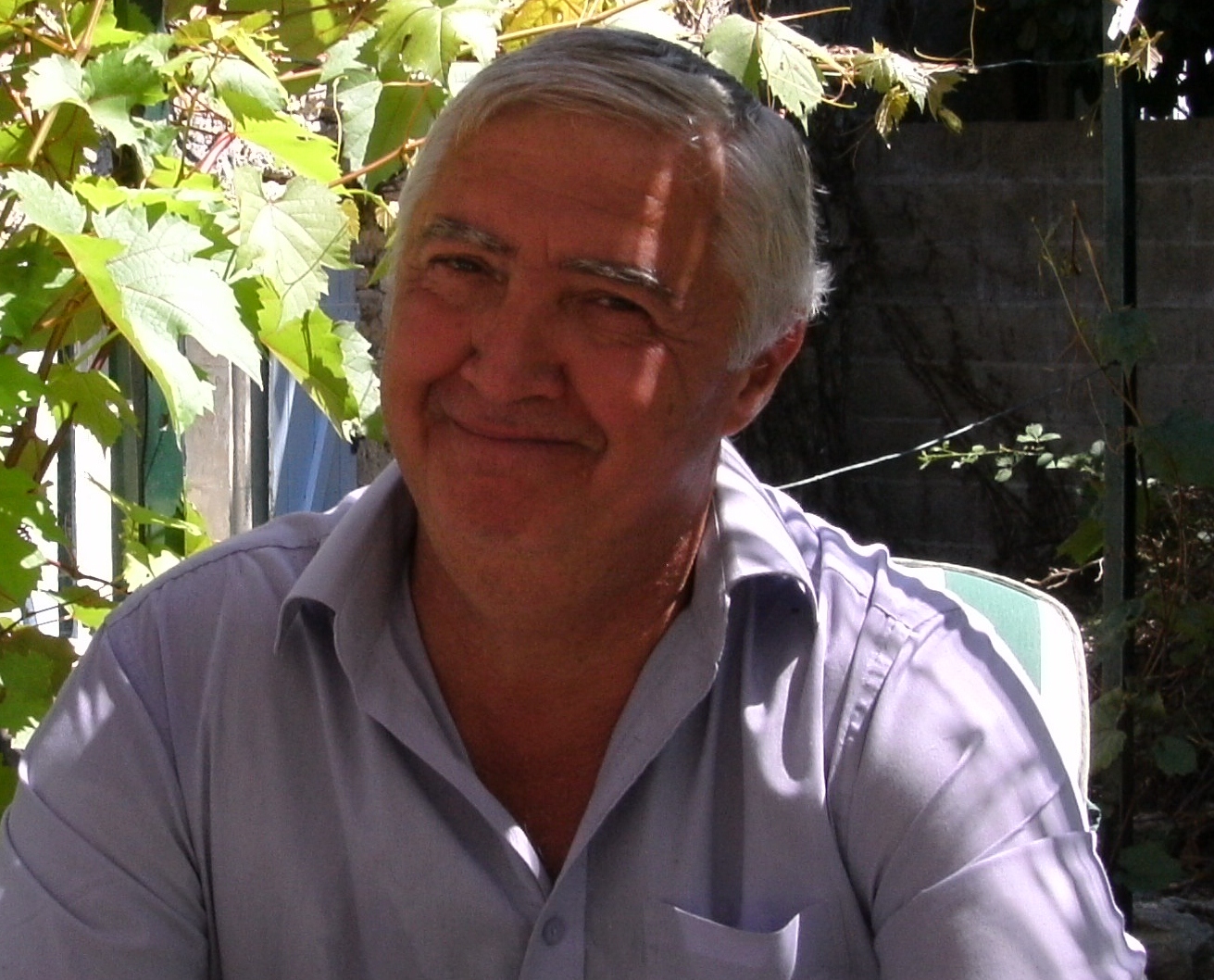ASK & DISCUSS
INDEXBeautiful and Damned
13 years, 1 month ago - Stephen Potts
All the fuss about the new Great Gatsby has set me off on another Scott Fitzgerald spree, only this time I’m not reading his novels and stories, watching the films based on them, or picking up another biography. Instead, I’m midway through the collected letters between him and Zelda. I’ve got to 1936.
Beyond their obvious mutual devotion, what emerges, powerfully, is the desperate sadness of a writer who Had It All (millions of readers, lasting literary acclaim, public celebrity, and money to burn) - yet who ended up miserably unhappy.
His - and the century’s - twenties, were a steep, heady and apparently effortless rise to all these things which writers are alleged to want. His thirties were a long, slow and painfully self-aware decline, through financial stress, marital rupture, ill-health, and alcoholism to an early death.
Studies have shown that roughly half of elite athletes would strike a hypothetical Faustian bargain: to take a new undetectable drug which would guarantee a gold medal at the cost of an early death five years later. And there are those who appear to have died in such a quest.
Elite athletes are by definition, unusual. But how many writers would strike such a deal to live a life like Fitzgerald’s? Do we look on and think “how sad” - or do we feel, just a little bit, an identification?
Only members can post or respond to topics. LOGIN
Not a member of SP? JOIN or FIND OUT MORE
13 years, 1 month ago - Ed Griffiths
Like Stephen I'm a real admirer of F. Scott Fitzgerald and I think any aspiring screenwriter, novelist or writer of any kind will learn a great deal reading him. Apart from his greatest works, if you want the most hilarious and melancholy take on a writer's struggle against 'The SYSTEM' in Hollywood, which FSF knew all too well from the inside, try the brillian 'Pat Hobby' stories. For my money though, it's THIS SIDE OF PARADISE, his first novel (1920), that is the most moving, an account of a Harvard student's passage into manhood.
Here's to the Jazz Age! World banking crisis, political chaos in Europe, but better music!
13 years, 1 month ago - Corinne Foster
I'm sure all of us strive for success and although everyone would define it for themselves differently I suspect that recognition for their talent would be at the heart of it, whether this be measured by money, no money but rave reviews, good reviews from people you respect or maybe just getting one book published/one film made - there are endless definitions...
I've heard it said that Fitzgerald always thought he was inferior to Hemingway so perhaps that's what haunted him. If he felt fulfilled before the slide it would be easier to accept the trade - better to have succeeded and lost than never to have succeeded at all? It would be sad if he felt unfulfilled despite the trappings of success but maybe there's a bit in all of us that any success we achieve is short-lived and then we always want a little more.
I've read a lot of Fitzgerald (even know some by heart) but can't judge whether latterly he felt able to write as he wanted or whether he compromised to try for financial success to fund the lifestyle Zelda expected.
Everyone's life has peaks and troughs; it's the extremes of these that are the differentiating factor. I wonder whether writers tolerate or even crave these more than other people as the experiences enrich what we create.




